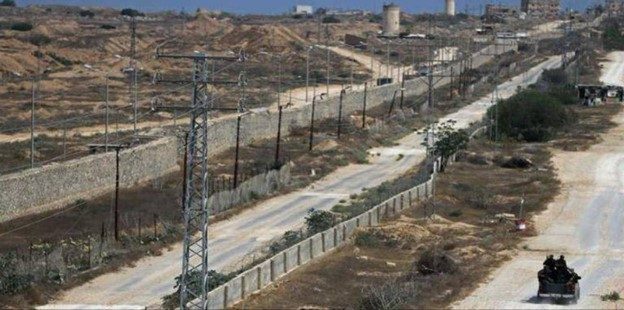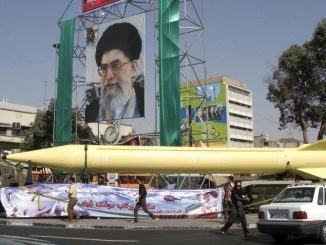
The Israeli army has allegedly informed Egypt of its intention to occupy the Rafah border area and asked Egyptian soldiers to evacuate the area, Arab media reported.
The report also stated that the IDF emphasized to the Egyptians that from now on the IDF would not be responsible for the security of Egyptian forces in the area, while the IDF is attempting to occupy the border area, and emphasized that the military operation in the area will continue whether Egypt agrees or rejects it.
Arab media also reported that the IDF is firing shells at an area in southern Rafah. There are also reports of tanks and armored vehicles operating west of the Kerem Shalom crossing.
Meanwhile, a British ship was attacked by a drone west of India, resulting in an impact as well as an explosion, leading to a fire.
The ship was flying the flag of the country of Liberia, and according to several reports has an Israeli connection.
The event ended without casualties. A short time ago, it was reported that the drone was launched from Iranian territory.
Drone and missile attacks by Yemen-based Houthis have upended shipping through the Red Sea and Suez Canal, a narrow waterway through which some 10% of the world’s trade sails. U.S. Central Command over the weekend said it shot down “14 unmanned aerial systems launched as a drone wave from Houthi-controlled areas of Yemen.”
A day later, oil major British Petroleum announced it would “temporarily pause” all transits through the Red Sea, following similar decisions by shipping giants Maersk, MSC, Hapag-Lloyd, and CMA CGM.
The Pentagon said Monday it was forming a maritime security coalition with allies to counter the threat and provide protection for shippers, who as of Tuesday had diverted more than $80 billion worth of cargo away from the Red Sea.
Many tankers and cargo ships that would normally transit via the Suez Canal to the Indian Ocean are instead being rerouted around the continent of Africa, which adds 14 to 15 days on average to sea voyages. International logistics firm DHL warned that “the diversion will significantly increase transit times between Asia and Europe and require shipping lines to increase planned capacity.”
The changes have already spiked insurance premiums on ships and contributed to a bump in oil prices. And U.S. military might in the area may not be enough to quell the disruptions. Red Sea attacks pose a whole new generation of geopolitical threats, says.
Red Sea attacks pose a whole new generation of geopolitical threats. “A dedicated naval task force will be able to more effectively intercept drone and missile attacks and prevent boarding operations, but the task force won’t be able to be everywhere all at once,” reported CNBC, citing Ryan Bohl, senior Middle East and North Africa analyst at Rane.
“So long as there are significant numbers of civilian ships moving through this area, the Houthis will have plenty of targets to choose from.”



